
By Gary Gunderson
Every day in the world of FaithHealth, something unique happens. Sometimes it is tragic, painful beyond the reach of language. Other times, it is amazing; a technology or technique never thought possible. Sometimes it is the astonishment of compassion flowing across boundaries thought impermeable. Both faith and health think the most interesting things are yet to be revealed, so we are good friends in this unpredictable world.
The poet Mary Oliver says, “To pay attention, this is our endless and proper work.” Sometimes that is as simple as pausing to notice; to let it in. And sometimes paying attention takes years of time and diligence, sharply focused on following the thread of a great question into libraries, interviews, classes and formal learning experiences. A number of our key leaders in FaithHealth have shown that kind of respect for the wonders of the world. And this year has seen more of our leaders complete phases of continuing education:
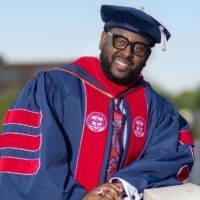 Reverend Dr. Reginald Charlestin completed his Doctor of Ministry in pastoral counseling from Liberty University, focused on “The Importance of Self-Awareness for the Prevention of Burnout and Compassion Fatigue for Clergy.” This study concluded clergy persons, community faith leaders and supporters must embrace the practice of self-awareness, Sabbath rest and communication with the same intentionality they do when it comes to preparation for specific sacraments and serving others.
Reverend Dr. Reginald Charlestin completed his Doctor of Ministry in pastoral counseling from Liberty University, focused on “The Importance of Self-Awareness for the Prevention of Burnout and Compassion Fatigue for Clergy.” This study concluded clergy persons, community faith leaders and supporters must embrace the practice of self-awareness, Sabbath rest and communication with the same intentionality they do when it comes to preparation for specific sacraments and serving others.
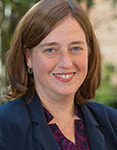 Reverend Dr. Emily Viverette received a Doctor of Ministry from Hood Theological Seminary, focused on building bridges, which expanded traditional chaplaincy by examining community engagement skills. The research has already changed how we train new chaplains.
Reverend Dr. Emily Viverette received a Doctor of Ministry from Hood Theological Seminary, focused on building bridges, which expanded traditional chaplaincy by examining community engagement skills. The research has already changed how we train new chaplains.
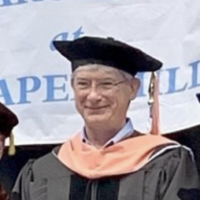 Reverend Dr. Bryan Hatcher received the Doctor of Public Health degree from UNC Gillings School of Public Health, focused on best practices to implement trauma-informed care as a response to adverse childhood experiences in health systems.
Reverend Dr. Bryan Hatcher received the Doctor of Public Health degree from UNC Gillings School of Public Health, focused on best practices to implement trauma-informed care as a response to adverse childhood experiences in health systems.
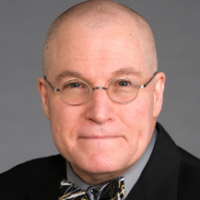 Reverend Dr. F. Keith Stirewalt received his Doctor of Medical Science from the University of Lynchburg, focused on the association between mortality rates and religious/spiritual attendance.
Reverend Dr. F. Keith Stirewalt received his Doctor of Medical Science from the University of Lynchburg, focused on the association between mortality rates and religious/spiritual attendance.
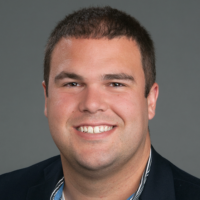 Reverend and almost Dr. Adam Ridenhour is finishing his thesis at Duke University Divinity School, examining how integrated clinical spiritual care, counseling and community engagement may be tailored to the unique needs of patients, staff and community members in small, community hospital contexts.
Reverend and almost Dr. Adam Ridenhour is finishing his thesis at Duke University Divinity School, examining how integrated clinical spiritual care, counseling and community engagement may be tailored to the unique needs of patients, staff and community members in small, community hospital contexts.
The FaithHealth Model has emerged in recent years through the deep reflection on practice among hundreds of staff, medical providers, chaplains, counselors, community clergy and people of faith – all learning the art and craft of effectively giving our lives away to the world God so loves. The one thing we know is that most astonishing things are yet to happen.
